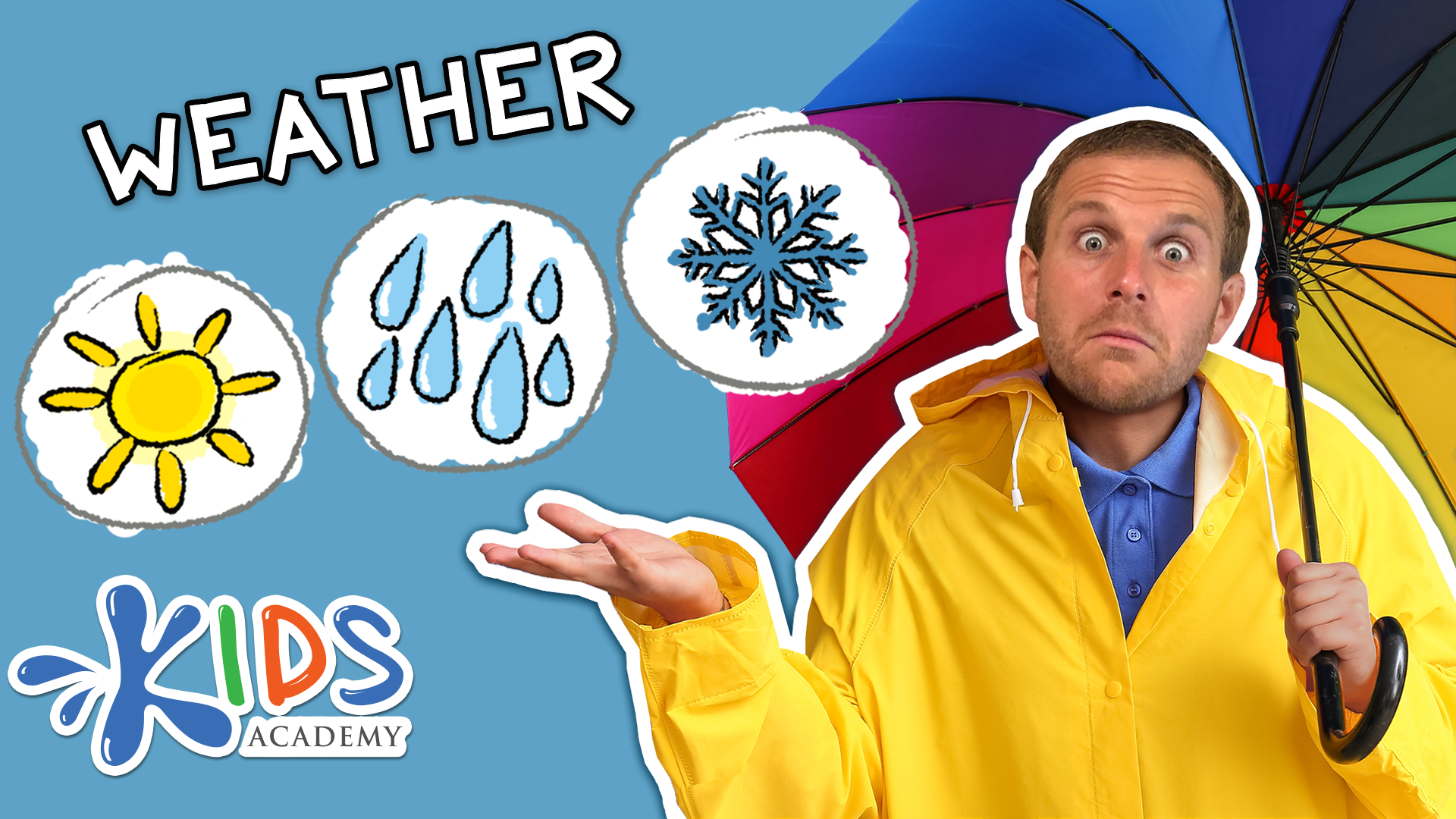Improving reading skills Worksheets for Ages 8-9
11 filtered results
-
From - To
Discover our expertly crafted "Improving Reading Skills Worksheets for Ages 8-9" designed to boost your child's reading abilities. These engaging worksheets are perfect for 3rd and 4th graders, offering a variety of activities that focus on enhancing vocabulary, fluency, and comprehension. Each worksheet presents exciting stories and interactive questions, encouraging young readers to think critically and improve their understanding of texts. With a range of topics and difficulty levels, our worksheets cater to different skill sets, ensuring every child can progress at their own pace. Give your child the tools to become a confident reader with our fun and educational worksheets.
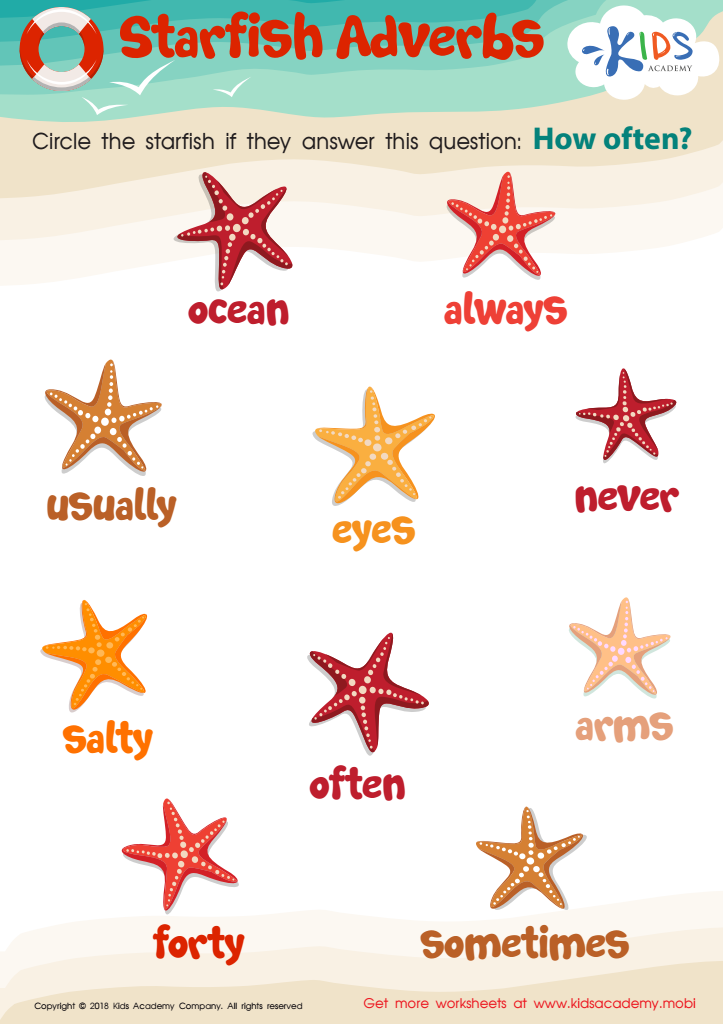

Starfish Adverbs Worksheet
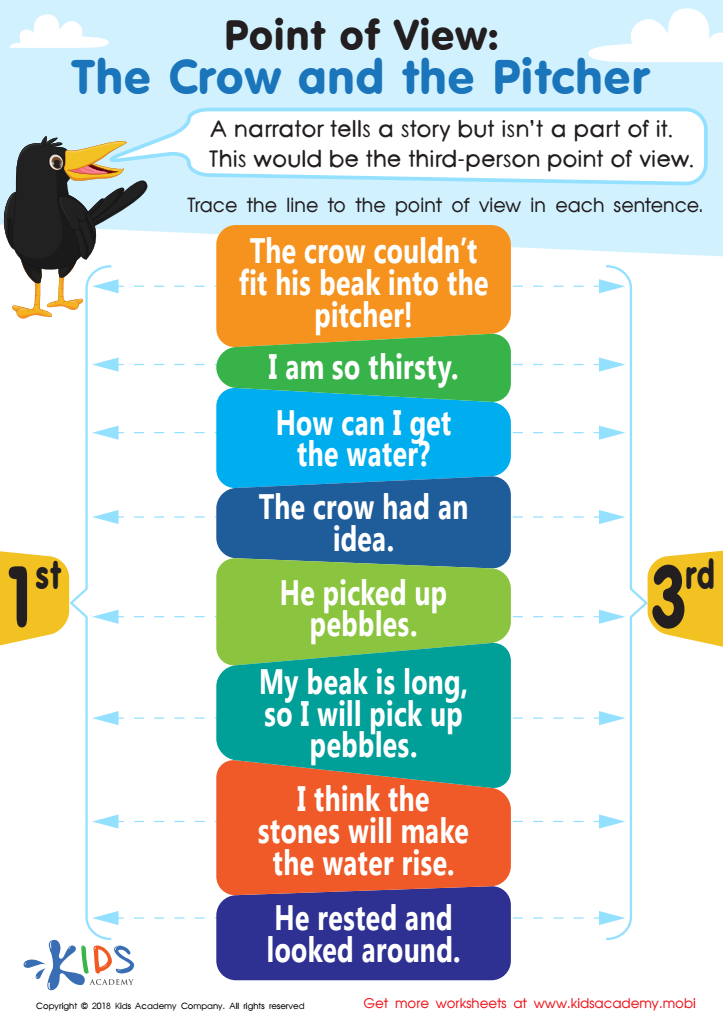

Point of View: The Crow and the Pitcher Worksheet
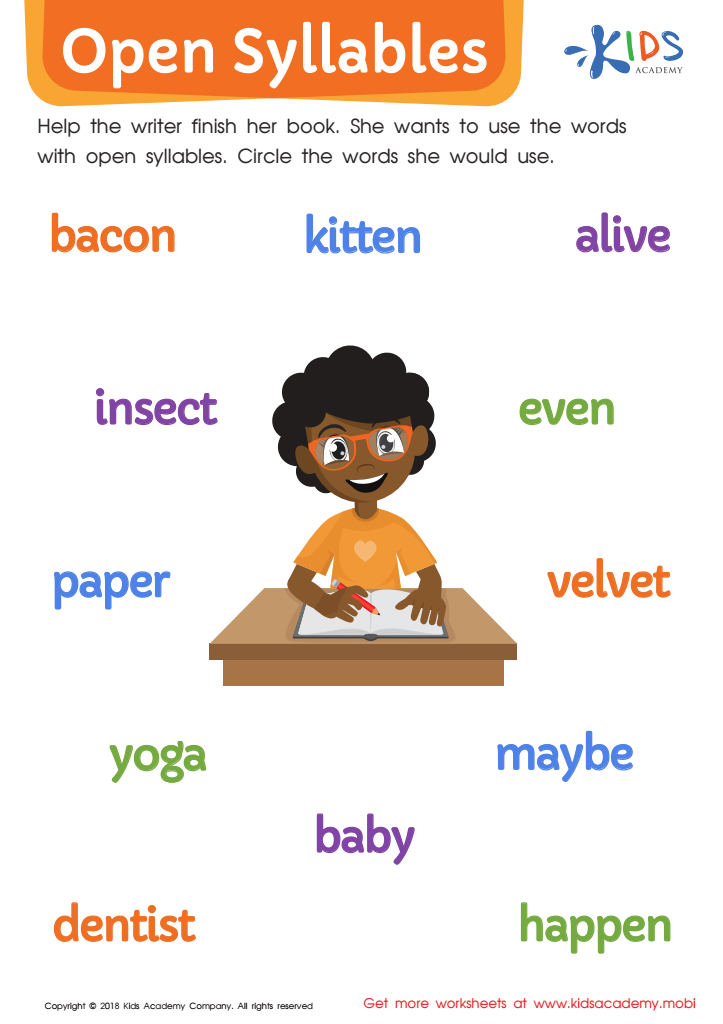

Open Syllables Worksheet
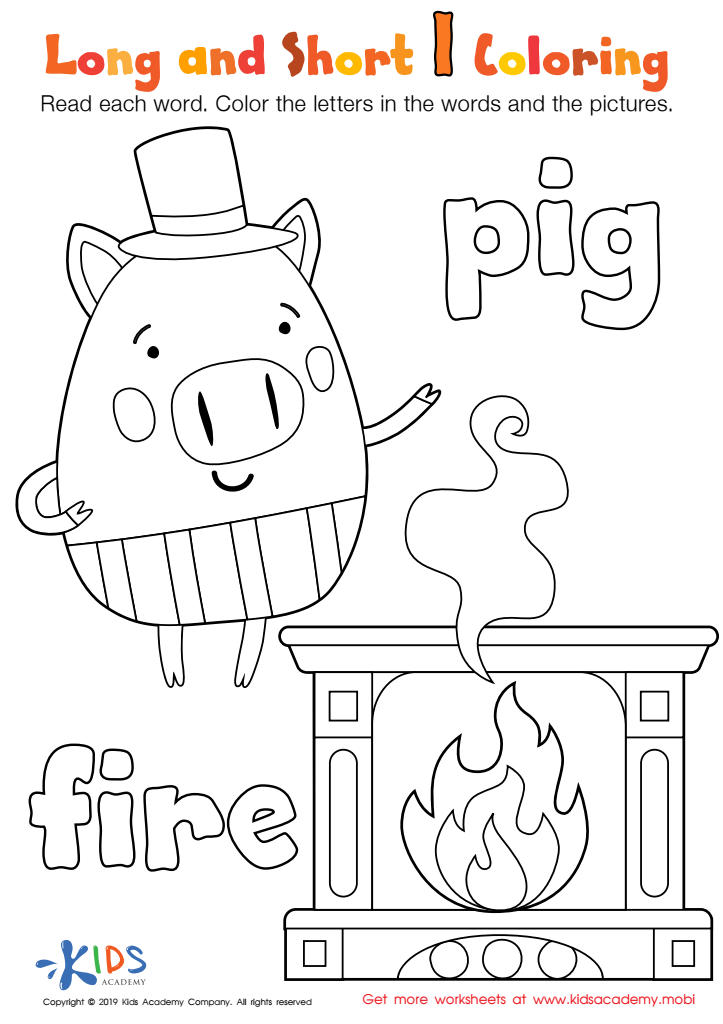

Long and Short I Worksheet
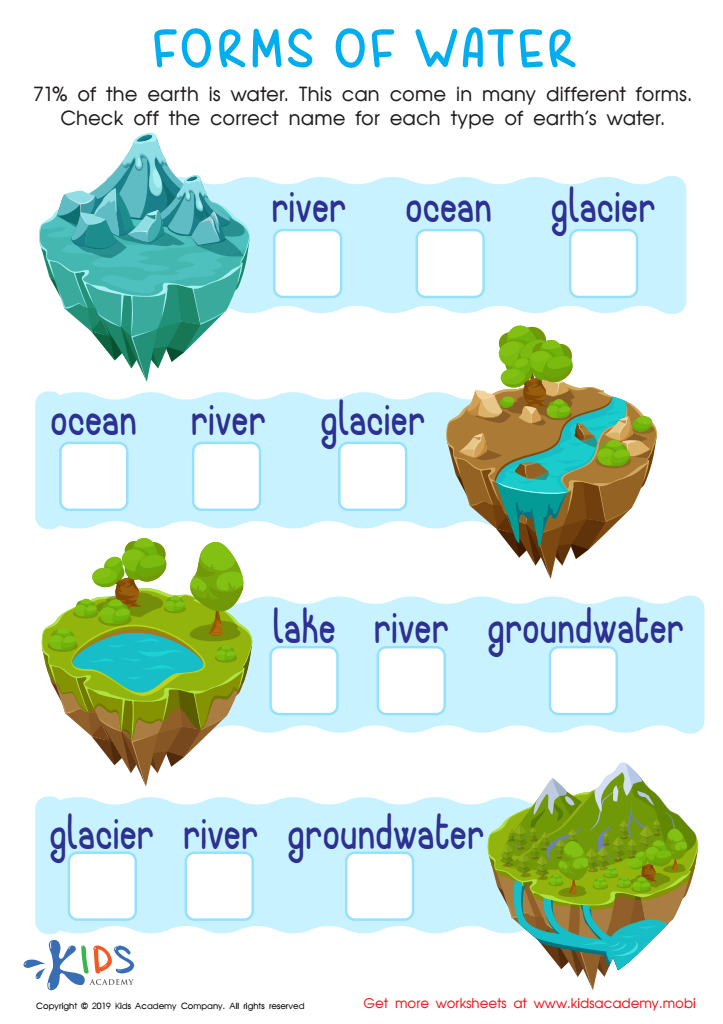

Forms of Water Worksheet
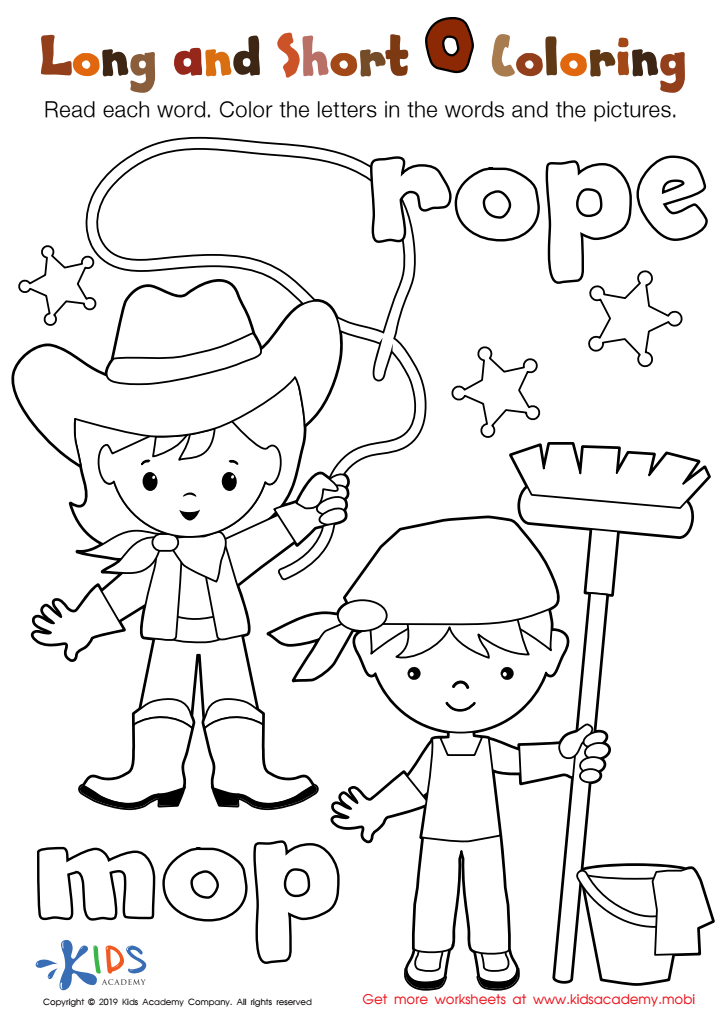

Long and Short O Worksheet
Improving reading skills for children aged 8-9 is crucial for their academic and personal development. At this age, children transition from learning to read to reading to learn. Proficient reading skills enable them to understand and engage with more complex texts, which facilitates learning across various subjects such as science, history, and mathematics. Moreover, good reading skills enhance comprehension, vocabulary, and critical thinking, laying a foundation for future educational success.
Parents and teachers must recognize that children who read well are likely to experience higher self-esteem and confidence in the classroom. Struggling readers can become frustrated and disengaged, which may lead to a dislike for school and learning in general. Early intervention to strengthen reading skills can prevent these negative outcomes and foster a lifelong love for reading.
Additionally, strong reading skills are linked to better communication abilities, as children who can read well are often more articulate and expressive. They can also understand and process information quickly, a skill that is invaluable in our information-rich world. By focusing on improving reading skills at this critical stage, parents and teachers help equip children with the tools they need for both academic achievements and personal growth.

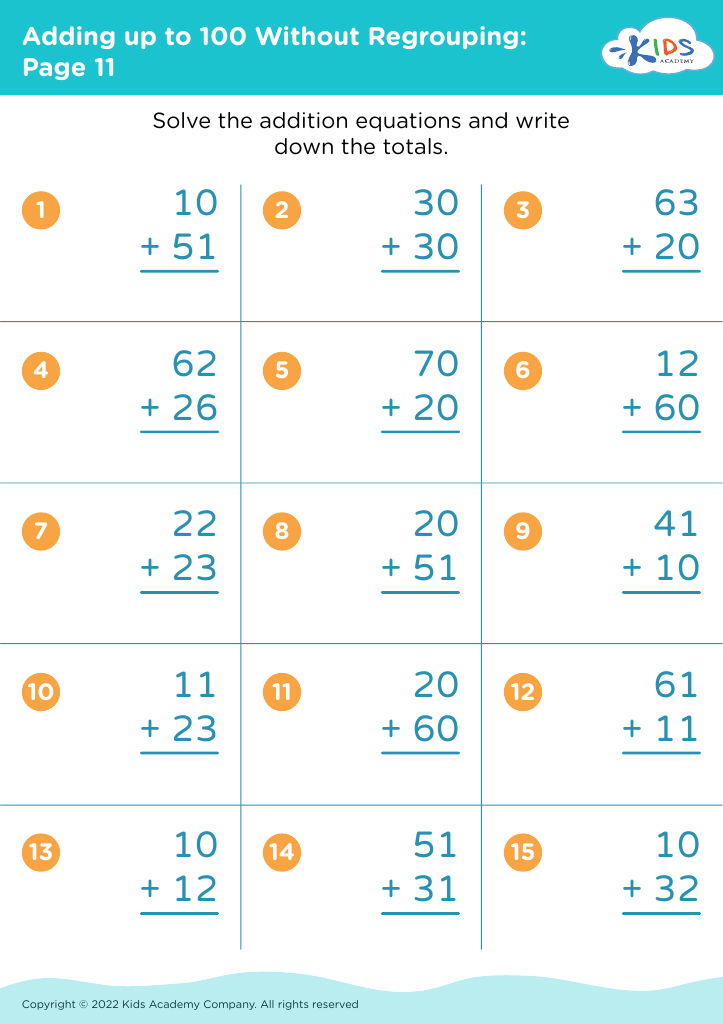
 Assign to My Students
Assign to My Students



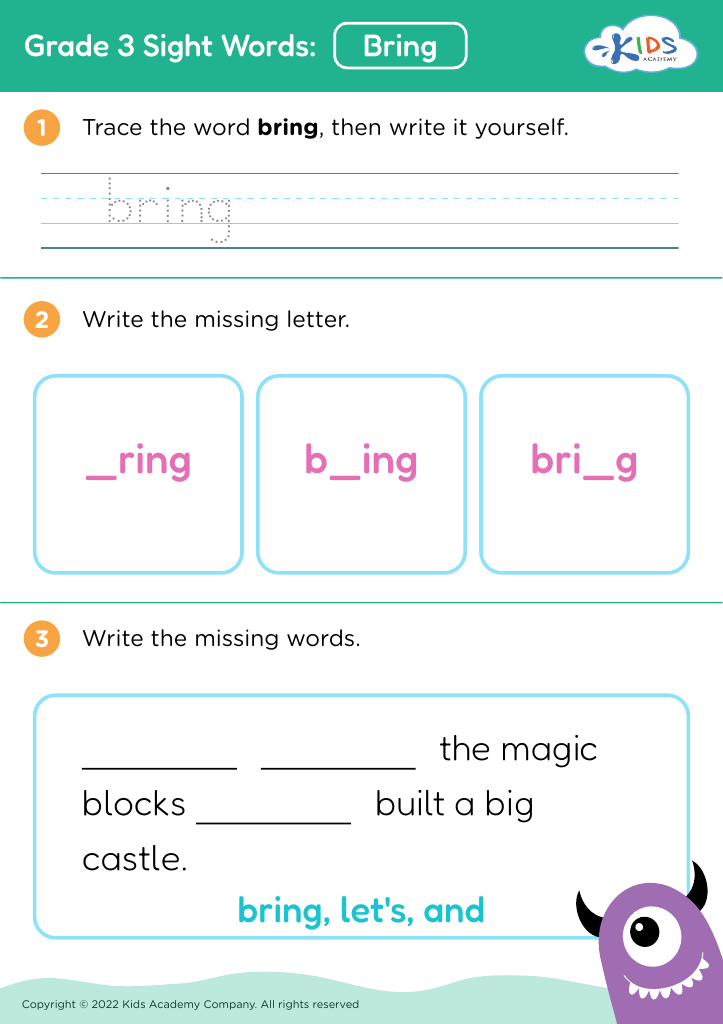




.jpg)

